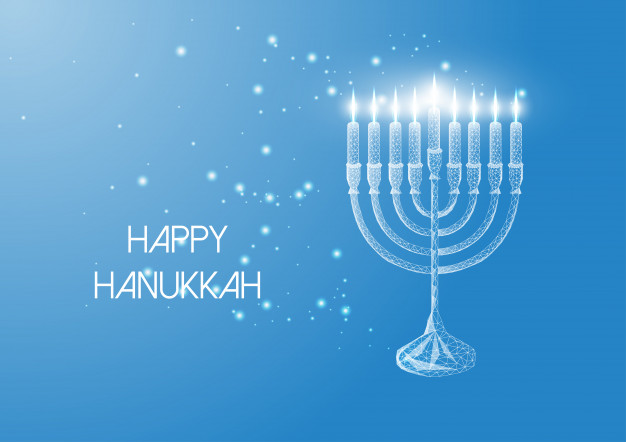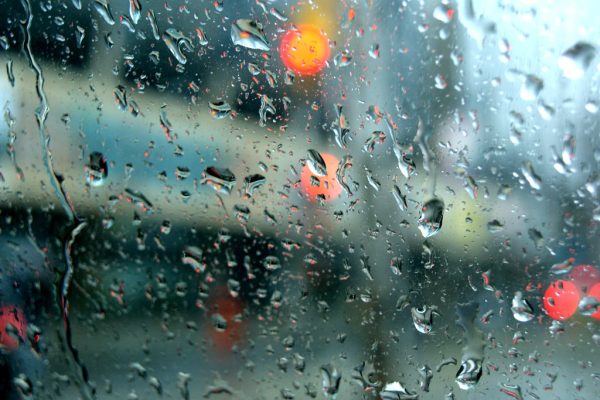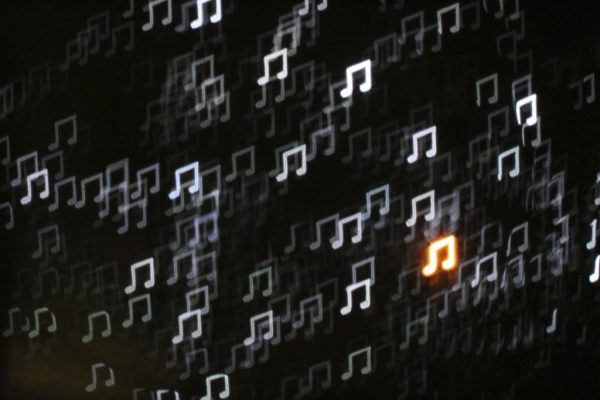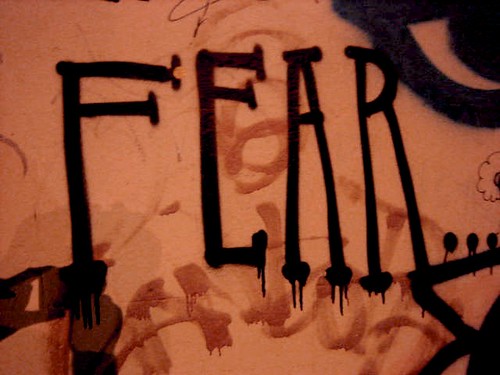Hanukkah: History and Traditions
December 14, 2020
Hanukkah is one of the most well-known religious holidays in the U.S. for Judaism. However, despite the awareness of its existence, the history and traditions behind the celebration is still relatively unknown amongst average Americans. Many people coin Hanukkah as “Jewish Christmas” but that isn’t accurate at all for it has nothing to do with Jesus Christ. Known as “the festival of lights”, it actually centers around the rededication of the Second Temple in Jerusalem after the Maccabean Revolt where it is believed Jews rose up against their Greek-Syrian oppressors, according to History.com.
The Talmud (a Jewish explanatory scripture) also mentions a “miracle” that is prominent in the way Hanukkah is celebrated. Supposedly, Judah Maccabee and the other Jews who took part in the revolt saw the candles on the menorah burning for eight nights despite there only being enough oil for the candles to last a day. This inspired Jewish sages to declare an annual festival for it, Hanukkah. However, many texts interpret it in different ways so whether this story is true or not remains unknown.
Hanukkah begins every year on the 25th of the Jewish calendar month called Kislev. The occasion lasts 8 days and is celebrated through a variety of ways. The most recognized tradition is the lighting of the candles on the menorah. The menorah holds nine candle sticks and every night a candle gets lit by the shamash, what they call the stick that lights the other candles. Other traditions include playing with dreidels, giving gifts, and eating heavily oiled-food like latkes and sufganiyot (jelly doughnuts). The oily food obviously being an allusion to the “miracle.”
Surprisingly enough, Hanukkah is not as big of a deal in Judaism as many Americans would expect it to be. From a religious viewpoint, it’s a relatively minor holiday. The reason why it’s so commercialized is due to the fact that it’s so close to Christmas and Thanksgiving and thus now part of the “holiday season” forever.











